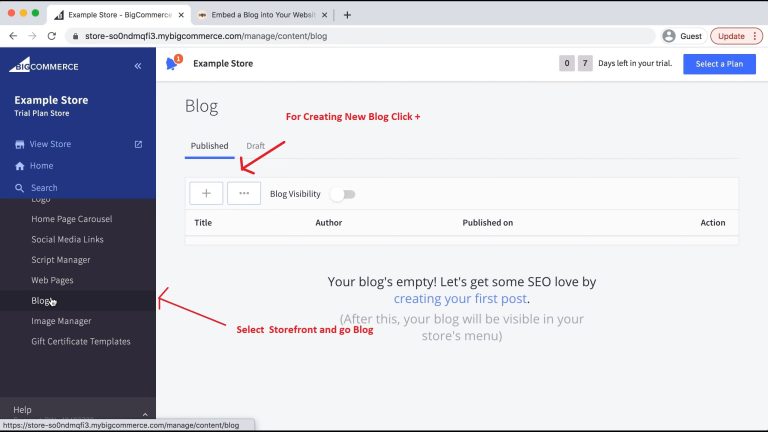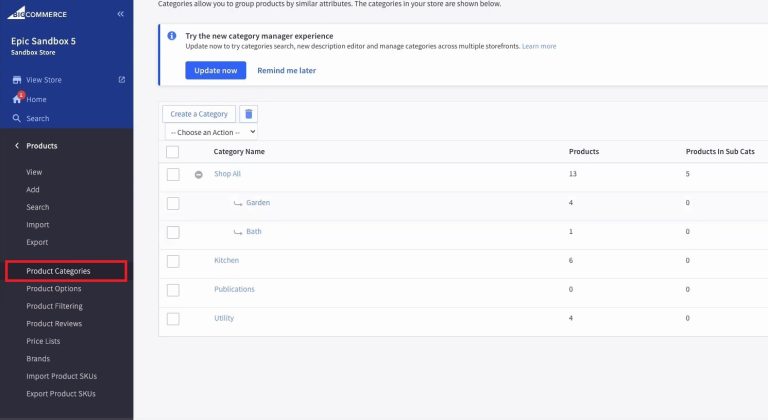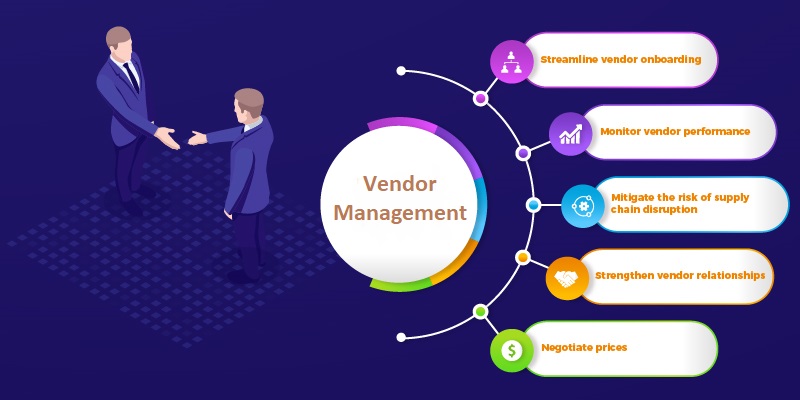
Vendor management is a crucial aspect of any business, regardless of its size or industry. It involves the process of overseeing and controlling the relationship between a company and its suppliers or vendors. Effective vendor management is essential for ensuring that a company receives high-quality goods and services, at the best possible price, and within the agreed-upon timeframe.
In this blog post, we will explore the concept of vendor management in detail, including its importance, key components, best practices, and the role of technology in streamlining the process.
What is Vendor Management?
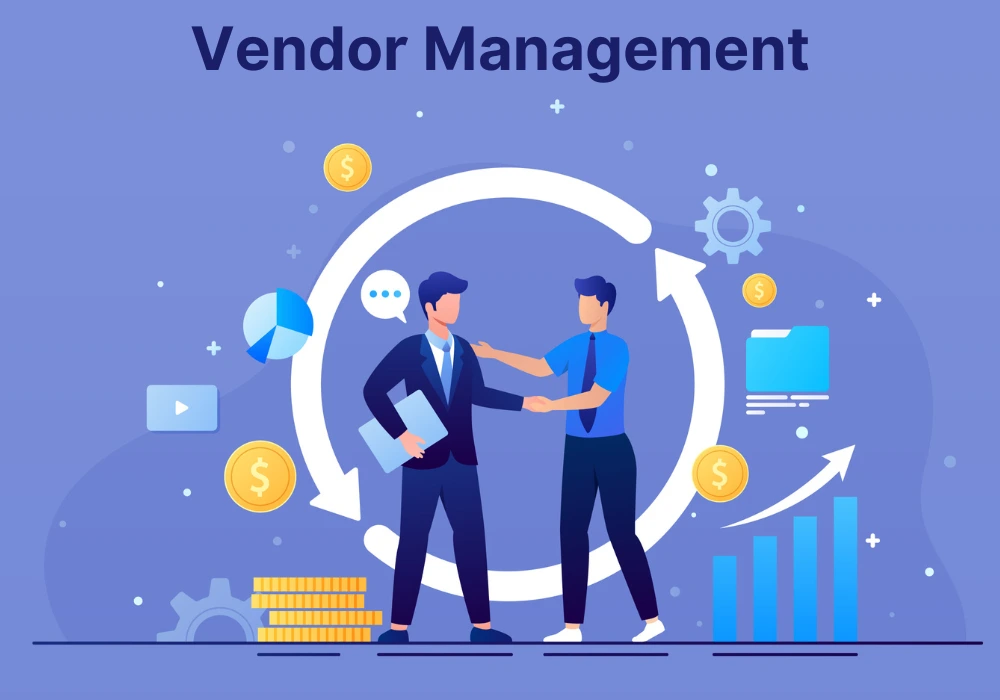
Vendor management can be defined as the process of developing, maintaining, and controlling relationships with external suppliers or vendors who provide goods and services to an organization. This includes activities such as identifying potential vendors, negotiating contracts, monitoring performance, and resolving any issues that may arise during the course of the relationship.
Importance of Vendor Management
Vendor management plays a critical role in the overall success of a business. By effectively managing relationships with suppliers, organizations can minimize risks, reduce costs, and improve operational efficiency. Here are some key reasons why vendor management is important:
- Quality Assurance: Managing vendors allows businesses to ensure that the products or services they receive meet their quality standards. This is particularly important for companies that rely on suppliers for raw materials or components in their manufacturing processes.
- Cost Savings: Effective vendor management can help organizations negotiate better prices and terms with their suppliers, leading to cost savings and improved profitability.
- Risk Mitigation: By carefully selecting and monitoring vendors, businesses can reduce the risk of supply chain disruptions, quality issues, or non-compliance with regulations.
- Relationship Management: Building strong relationships with vendors can lead to better collaboration, innovation, and a more strategic approach to procurement.
Key Components of Vendor Management
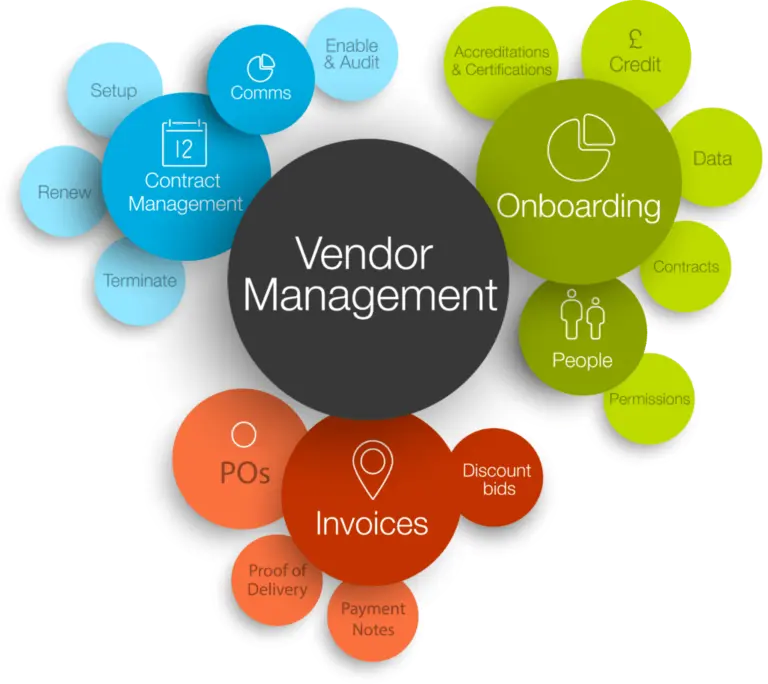
Vendor management encompasses a range of activities and processes aimed at optimizing the relationship between a company and its suppliers. Some of the key components of vendor management include:
- Vendor Selection: This involves identifying potential suppliers, evaluating their capabilities, and selecting the ones that best meet the organization’s requirements.
- Contract Management: Once vendors are selected, formal contracts need to be established to outline the terms and conditions of the relationship, including pricing, delivery schedules, quality standards, and dispute resolution mechanisms.
- Performance Monitoring: It’s important to continuously monitor the performance of vendors to ensure they are meeting their obligations as per the contract. This may involve regular assessments, audits, and feedback mechanisms.
- Relationship Building: Building strong relationships with vendors is crucial for long-term success. This involves effective communication, collaboration, and a focus on mutual value creation.
- Risk Management: Vendor management also involves identifying and mitigating potential risks associated with supplier relationships, such as financial instability, geopolitical issues, or operational disruptions.
Best Practices in Vendor Management
To achieve optimal results from vendor management, businesses should adopt best practices that help streamline processes and drive better outcomes. Some of these best practices include:
- Clear Communication: Establishing clear lines of communication with vendors is essential for ensuring expectations are understood and met. This includes regular meetings, performance reviews, and feedback sessions.
- Performance Metrics: Setting clear performance metrics and key performance indicators (KPIs) allows organizations to objectively evaluate vendor performance and identify areas for improvement.
- Collaboration and Innovation: Encouraging collaboration and innovation with vendors can lead to new ideas, improved processes, and better outcomes for both parties.
- Compliance and Ethics: Ensuring that vendors comply with ethical standards, environmental regulations, and industry certifications is important for protecting the organization’s reputation and reducing legal risks.
- Technology Adoption: Leveraging technology such as vendor management software can automate and streamline various aspects of the vendor management process, including vendor onboarding, performance tracking, and contract management.
Role of Technology in Vendor Management
Technology plays a significant role in modern vendor management practices. Vendor management software (VMS) and other digital tools can help businesses automate routine tasks, improve visibility into supplier performance, and enhance decision-making. Here are some ways in which technology is transforming vendor management:
- Vendor Onboarding: Digital onboarding processes can streamline the collection of vendor information, documentation, and compliance requirements, reducing administrative burden and accelerating the onboarding process.
- Performance Tracking: Vendor management software allows organizations to track key performance metrics in real-time, providing insights into supplier performance and identifying areas for improvement.
- Contract Management: Digital contract management systems enable organizations to centralize contract data, automate renewal reminders, and ensure compliance with contract terms.
- Risk Assessment: Technology can be used to assess and monitor vendor risks more effectively, using data analytics, predictive modeling, and real-time monitoring of external factors that may impact suppliers.
- Collaboration Platforms: Digital collaboration platforms facilitate communication and information sharing between organizations and their vendors, enabling better coordination and transparency.
Challenges in Vendor Management
While effective vendor management offers numerous benefits, it also presents several challenges that companies must navigate. Some of the key challenges in vendor management include:
- Risk Management: Managing the risks associated with vendor relationships, such as supply chain disruptions, quality issues, or financial instability of vendors, requires careful planning and proactive risk mitigation strategies.
- Compliance: Ensuring that vendors adhere to regulatory requirements and ethical standards is an ongoing challenge for many companies. This may involve conducting regular audits, monitoring compliance with contractual terms, and addressing any non-compliance issues promptly.
- Data Security: Sharing sensitive information with vendors carries inherent risks related to data security and confidentiality. Companies must implement robust data security measures to protect their proprietary information and prevent unauthorized access by external parties.
- Cultural Differences: For companies that engage vendors from different geographic locations or cultural backgrounds, understanding and navigating cultural differences can pose challenges in communication and relationship management.
FAQ on Vendor Management
Q: What is vendor management?
A: Vendor management is the process of managing relationships with external suppliers to ensure that they meet the organization’s requirements and standards. It involves activities such as vendor selection, contract negotiation, performance evaluation, and risk management.
Q: Why is vendor management important?
A: Vendor management is important because it allows businesses to optimize costs, improve efficiency, and mitigate risks associated with external suppliers. By effectively managing vendors, organizations can ensure that they receive high-quality goods and services at competitive prices.
Q: What are the key components of vendor management?
A: The key components of vendor management include vendor selection, contract negotiation, performance evaluation, risk management, and relationship management. These activities are essential for ensuring that vendors meet the organization’s requirements and deliver value.
Q: How can organizations effectively manage vendors?
A: Organizations can effectively manage vendors by establishing clear criteria for vendor selection, negotiating favorable contracts, monitoring vendor performance, and addressing any issues that may arise. It is also important to maintain open communication and build strong relationships with vendors.
Q: What are the benefits of effective vendor management?
A: The benefits of effective vendor management include cost optimization, improved efficiency, risk mitigation, and enhanced quality of goods and services. By managing vendors effectively, organizations can achieve better outcomes and maintain a competitive edge in the market.
Q: What are the risks associated with poor vendor management?
A: Poor vendor management can lead to increased costs, inefficiencies, quality issues, and compliance risks. It can also damage the organization’s reputation and hinder its ability to achieve its strategic objectives.
Q: How can organizations assess vendor performance?
A: Organizations can assess vendor performance by establishing key performance indicators (KPIs), conducting regular evaluations, soliciting feedback from internal stakeholders, and benchmarking vendors against industry standards. This allows organizations to identify areas for improvement and hold vendors accountable for their performance.
Q: What role does technology play in vendor management?
A: Technology plays a crucial role in vendor management by providing tools for vendor evaluation, contract management, performance tracking, and communication. By leveraging technology, organizations can streamline their vendor management processes and improve overall efficiency.
Conclusion
In conclusion, vendor management is a critical function that directly impacts a company’s ability to source high-quality goods and services in a cost-effective and timely manner. By adopting best practices in vendor management, leveraging technology solutions, and addressing the challenges associated with vendor relationships, companies can build strong partnerships with their suppliers that contribute to their overall success.
As businesses continue to globalize and outsource various aspects of their operations, effective vendor management will only grow in importance. Companies that prioritize vendor management as a strategic function within their organization will be better positioned to navigate the complexities of the modern supply chain landscape and drive sustainable business growth.


